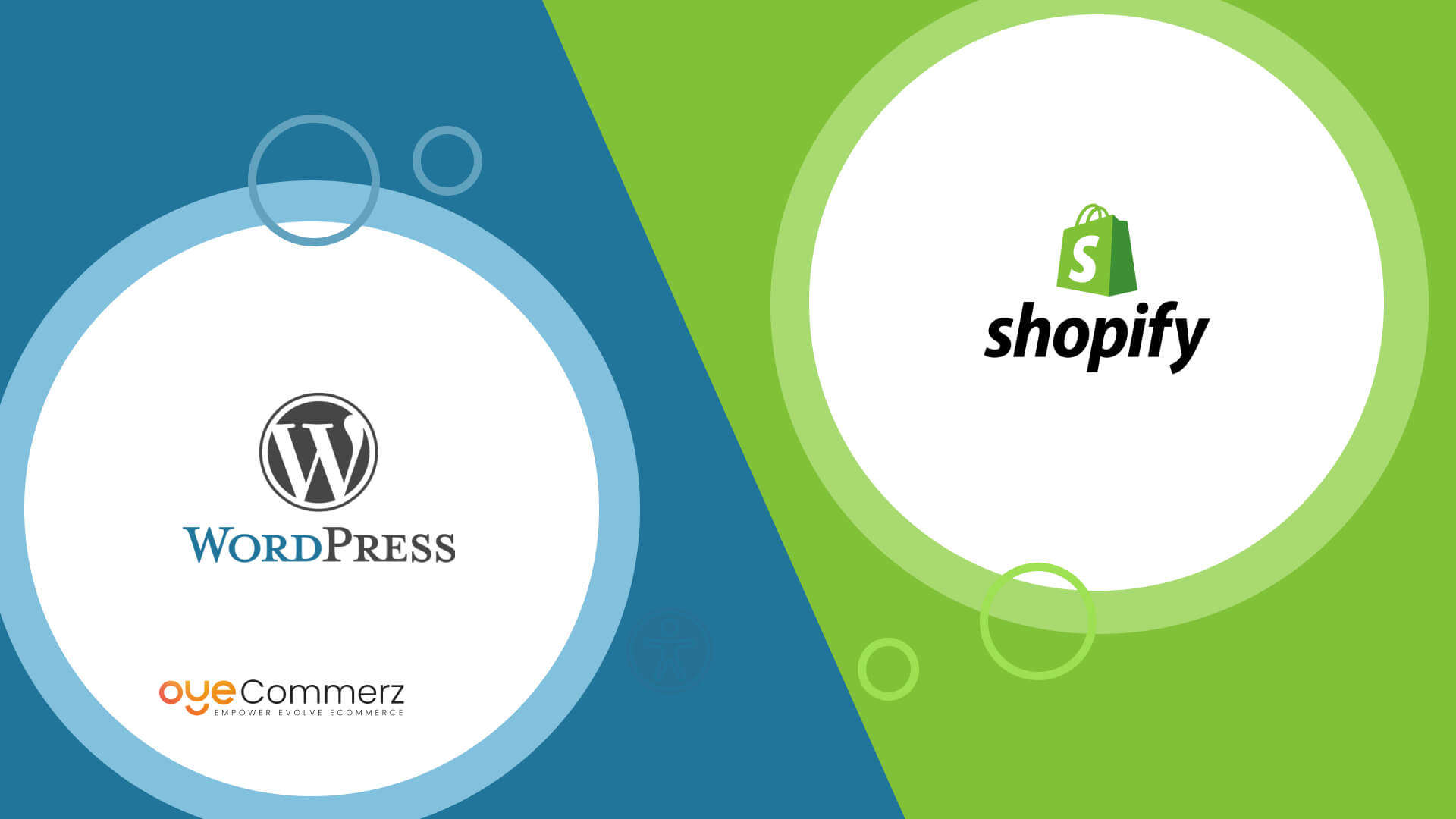In the dynamic landscape of online retail, choosing the right system is vital for your business's growth. If you’re currently using WP and thinking about a migration to an alternative, you’re not the only one. Many businesses are shifting to take advantage of Shopify’s comprehensive capabilities, ease of use, and growth potential. This guide will walk you through the journey of migrating from WordPress to this platform effortlessly, guaranteeing that you achieve your eCommerce potential.
Why Migrate from WP to Shopify?
Prior to exploring the migration procedure, it’s essential to realize why this shift can be advantageous for your eCommerce business:
User-Friendly Interface: Shopify provides an straightforward interface that makes easier store management, allowing for non-technical users.
Flexibility: As your business expands, Shopify can accommodate increased visitors and transactions without affecting performance.
Built-in Tools: Shopify includes integrated tools for search engine optimization, analytics, payment processing, and more, eliminating the requirement for multiple plugins.
Advanced Safeguards: With Shopify, you utilize strong security features that secure sensitive customer information.
Steps for a Seamless Migration
Migrating your eCommerce site from WordPress to Shopify requires multiple phases.
Here’s how to ensure a successful transition:
Prepare Your Migration Plan
Begin by outlining your migration blueprint. Decide on which components of your existing site you want to move, such as:
Product data
User details
Purchase logs
Blog content
Pick the Best Migration Solution
Considering your preferences, choose a migration service that aligns with your store. Migration experts offers various choices:
Basic Migration Package: Ideal for boutique stores with fewer products.
Regular Option: Appropriate for growing businesses with intermediate needs.
Premium Migration Package: Excellent for high-volume stores needing broad customization.
Save Your Content
Prior to starting the migration, make sure that you have a complete backup of your WordPress site. This task is critical in the event anything goes awry during the migration.
Retrieve Your Content from WordPress
Leverage tools or custom scripts to export critical data from your WP site:
Products
Clients
Transactions
Articles
Migrate Content into Shopify
When you have your information retrieved, employ Shopify’s built-in features or third-party apps to transfer your information into your updated store. Verify that all information is correctly structured and aligned.
Customize Your Shopify Site
Following uploading content, tailor your Shopify site’s design to align with your style. migrate WordPress to Shopify Think about engaging a developer if you want detailed customization.
Set Up Payment Gateways and Delivery Settings
Arrange transaction Shopify payment gateways setup methods and shipping settings in Shopify to ensure a smooth transaction experience for customers.
Adopt SEO Best Practices
To keep your SEO performance during the transition:
Use 301 redirects from previous URLs to migrated ones.
Update descriptions.
Adjust images and text for SEO.
Test Your Updated Platform
Ahead of publishing, extensively check your new site. Identify any broken links, transaction errors, or missing data.
Publish Your Site
Once everything is in place, it’s time to go live! Share the change to your users and motivate them to explore the enhanced features of your Shopify store.
Post-Migration Support
Following releasing your Shopify store, ongoing help is key. Explore partnering with service providers who can assist with:
Site maintenance
Marketing strategies
Performance optimization
Conclusion
Migrating from WP to Shopify can be a transformative step for your online retail. By adopting this guide and utilizing professional services like those offered by OyeCommerz, you can ensure a seamless transition that enhances your digital storefront. Accept the change and realize the full capabilities of Shopify today!
